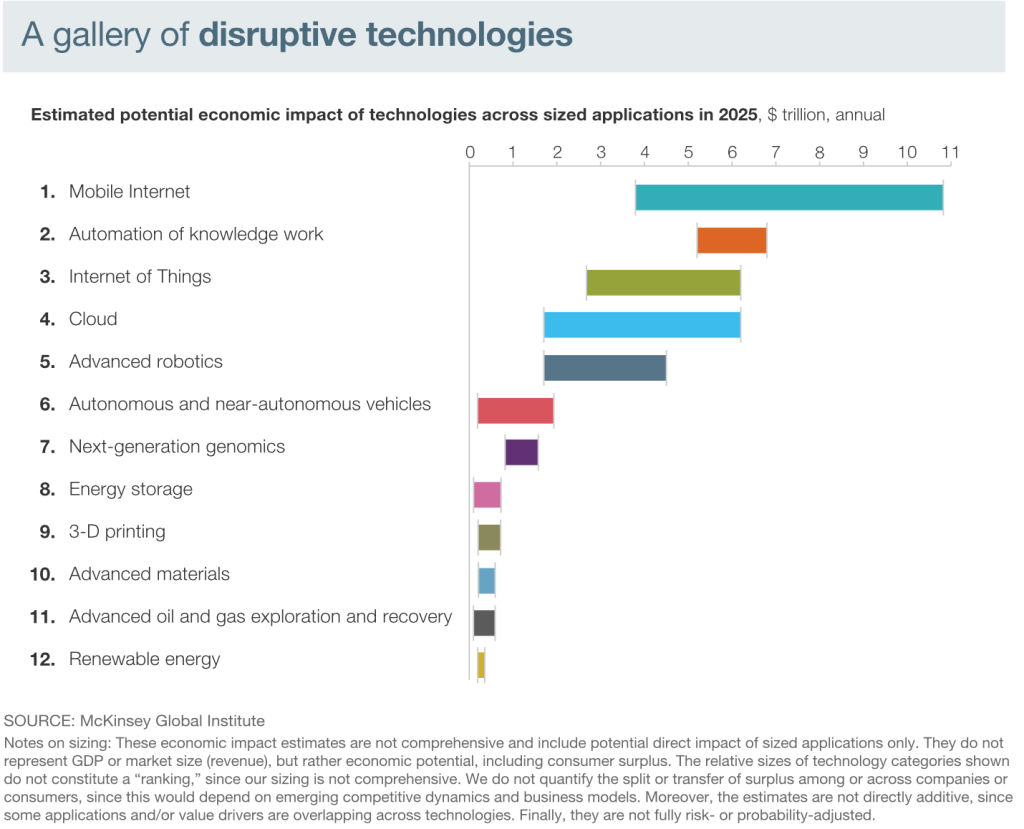 Can automation render managers useless?
Can automation render managers useless?
There’s a great blog post on the Harvard Business Review titled “Here’s How Managers Can Be Replaced by Software” written by Devin Fidler.
The article discussed how a prototype software application automated the decision and delegation process to create a 124-page research report.
The software was named “iCEO”, which I expect to be trademarked by Apple Inc. soon! 🙂
The post explained that after spending a few hours configuring iCEO and then setting it to run, iCEO:
routed tasks across 23 people from around the world, including the creation of 60 images and graphs, followed by formatting and preparation.
The processes were so smoothly operated that the team was simply spectators.
We rarely needed to intervene, even to check the quality of individual components of the report as they were submitted to iCEO, or spend time hiring staff, because QA and HR were also automated by iCEO.
In the end, the full report was created in just weeks, compared to a traditional management-employee structure that may have taken months to complete.
This is awesome if you think about it… unless you’re a manager that is.
There’s an especially important point to note here that you may have missed: all of the actual work was outsourced via Elance and Odesk.
So it’s not only the manager’s job that may be at risk, but also the workers under his employ.
The Knowledge Worker at Risk
Automation, since the industrial revolution, has threatened jobs of workers. Manual work replaced with mechanised ones caused jobs to no longer be worthwhile. Now we have thinking work being replaced by computers and software.
In his book, “The Zero Marginal Cost Society“, Jeremy Rifkin mentions that:
Automation, robotics, and artificial intelligence are eliminating human labor quickly in the white-collar and service industries… Secretaries, file clerks, telephone operators, travel agents, bank tellers, cashiers, and countless other white-collar service jobs have all but disappeared in the past 25 years as automation has driven the marginal cost of labor to near zero.
He goes on to later say:
We are in the midst of an epic change (my emphasis) in the nature of work. The First Industrial Revolution ended slave and serf labor. The Second Industrial Revolution dramatically shrank agricultural and craft labor. The Third Industrial Revolution is sunsetting mass wage labor in the manufacturing and service industries and salaried professional labor in large parts of the knowledge sector.
Others are also anticipating this level of disruption to knowledge work.
A 2013 McKinsey Global Institute report predicts that by 2025, the automation of knowledge work would have potentially the greatest economic impact second only to the mobile internet, and exceeding that of the Internet of Things and the Cloud. (See the figure below.)
Time to address the skill gap
As with the industrial revolution, workers have to be ready for the next stage. It means that they need to learn new technologies and new ways of working. Learning skills that can be repetitive, regardless of the complexity, is under threat as they can be replaced with automation.
According to the Institute for the Future, the new worker will be required to have skills such as Social Intelligence, Sense-Making, Novel and Adaptive Thinking, Design Mindset, Computational Thinking, Cognitive Load Management, New Media Literacy, Cross Cultural Competency and Virtual Collaboration.
The challenge we have right now is that the rapid evolution of the Internet, the cloud and automation may change the workplace faster than we can retrain workers to work in this new environment. It means that we have to start training the new workers from the schools.
But this does not mean that we can’t start training for the new era. We can start learning the new skills required, as well as teach it to others before we are out of a job.
What the future holds?
I don’t know what the future holds, but automation offers great opportunities for businesses to function at a far more efficient and economic level than ever before. It means that we can look forward to cheaper and (hopefully) more sustainable goods and services.
It also means that we can let go of mundane and repetitive tasks and focus on creating greater things.
We can choose to fear what the future holds, or look forward to it with excitement and anticipation.
I’m in that latter group.
What about you? What are your thoughts on the future of automation?



